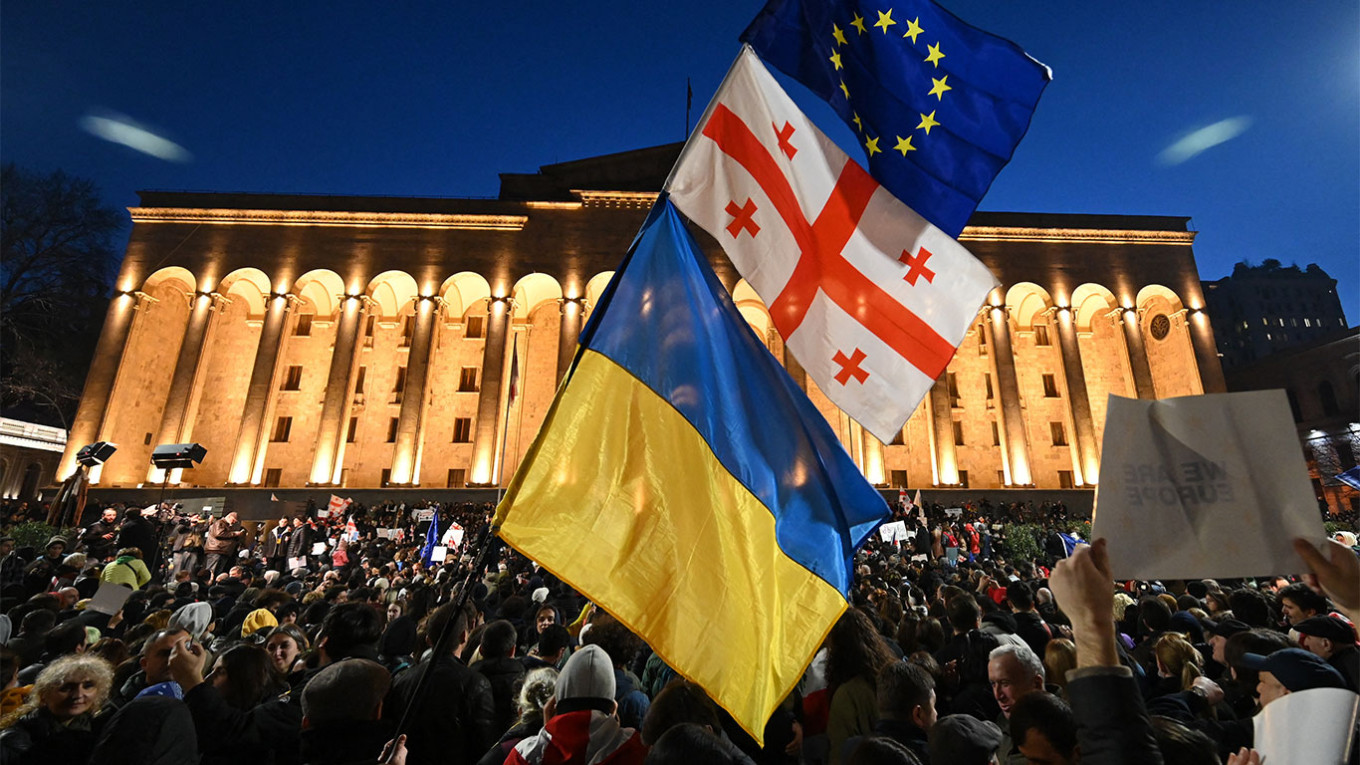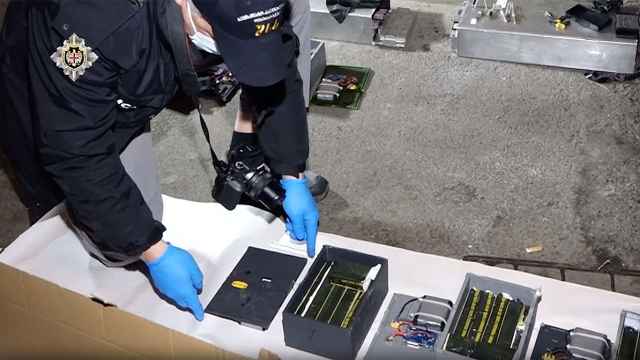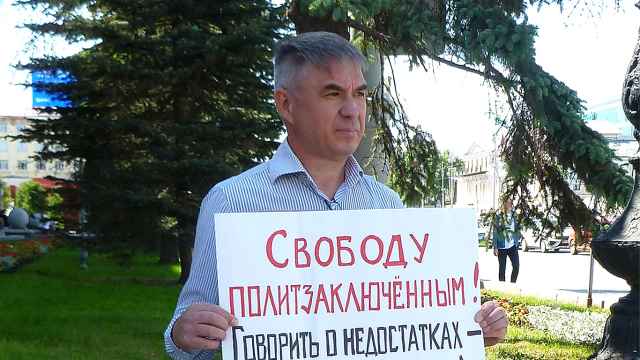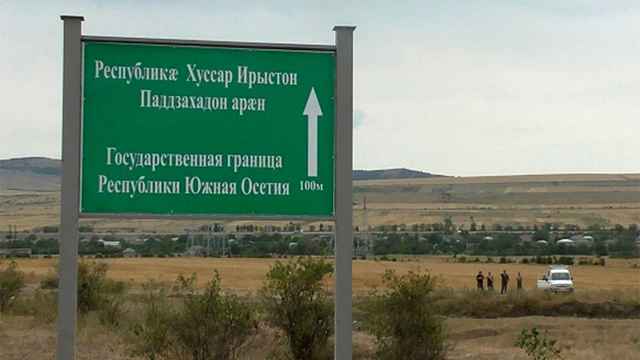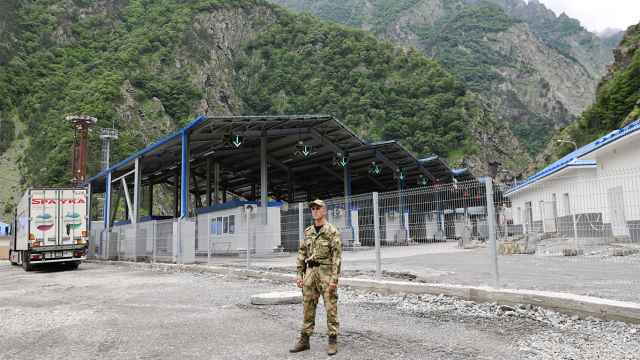Georgian lawmakers have dropped a controversial “foreign agents” bill, which critics said resembled Russian legislation used to silence critics, following days of mass protests that saw clashes between police and protesters.
“We, as an authority responsible to every member of society, have decided to unconditionally withdraw the bill we supported without any reservations,” the ruling Georgian Dream party, the People's Power political movement and members of the parliamentary majority said in a statement Thursday.
Tens of thousands of protesters took to the streets of the capital Tbilisi on Tuesday and Wednesday night to rally against the proposed law.
Clashes ensued with police using tear gas and water cannon against the demonstrators.
In their statement, Georgian Dream and People’s Power said the public had been misled by what they called a “machine of lies,” which had cast the bill in a negative light.
“The false label of ‘Russian law’ was attached to the draft law, and its adoption in the first reading was presented as a departure from the European course in the eyes of a part of the public,” the statement said.
The lawmakers also blamed “radical forces” which they said “were able to involve some of the youth in illegal activities.”
The lawmakers vowed to inform the public of the bill’s true contents and goals.
“As the emotional background subsides, we will better explain to the public what the bill was for and why it was important to ensure transparency of foreign influence in our country,” their statement said.
Georgian President Salome Zourabishvili had earlier expressed support for the demonstrators and vowed to veto the legislation.
Georgian authorities have faced mounting international criticism over a perceived backsliding on democracy, seriously damaging Tbilisi's ties with Brussels as it aspires to join the European Union and NATO.
Georgian Prime Minister Irakli Garibashvili has defended his "balanced" policy as aimed at ensuring "peace and stability."
In Russia, the Kremlin has extensively used the "foreign agent" label against opponents, journalists and human rights activists accused of leading foreign-funded political activities.
Tens of thousands of Russians, including many Kremlin critics, fled to Georgia following their country's invasion of Ukraine last year.
Russia and Georgia fought a five-day war in 2008.
The Kremlin said Thursday it was concerned by the mass protests in Georgia.
"This is a neighboring country and even though we do not have relations with Georgia as such, nevertheless, the state of affairs there cannot but arouse our concern," Kremlin spokesman Dmitry Peskov told reporters.
AFP contributed reporting.
A Message from The Moscow Times:
Dear readers,
We are facing unprecedented challenges. Russia's Prosecutor General's Office has designated The Moscow Times as an "undesirable" organization, criminalizing our work and putting our staff at risk of prosecution. This follows our earlier unjust labeling as a "foreign agent."
These actions are direct attempts to silence independent journalism in Russia. The authorities claim our work "discredits the decisions of the Russian leadership." We see things differently: we strive to provide accurate, unbiased reporting on Russia.
We, the journalists of The Moscow Times, refuse to be silenced. But to continue our work, we need your help.
Your support, no matter how small, makes a world of difference. If you can, please support us monthly starting from just $2. It's quick to set up, and every contribution makes a significant impact.
By supporting The Moscow Times, you're defending open, independent journalism in the face of repression. Thank you for standing with us.
Remind me later.


